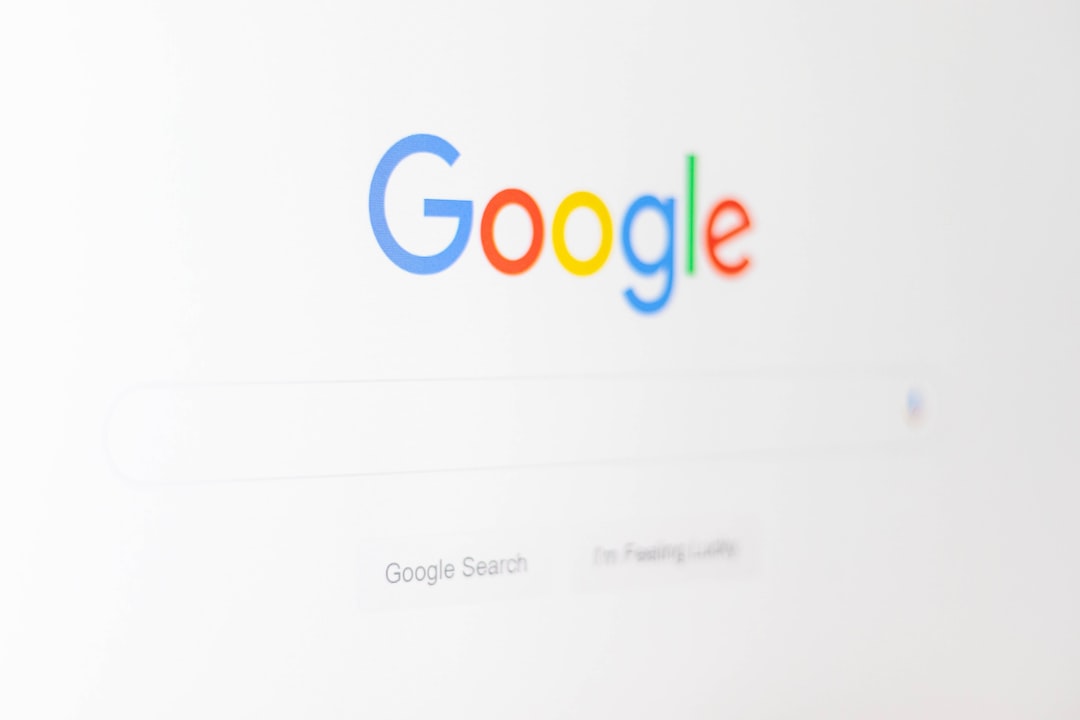Title: The Impact of Social Media on Mental Health: Unraveling the Digital Paradox
Introduction
In the digital age, social media has become an integral part of our lives. It has revolutionized the way we connect, share information, and perceive the world around us. However, amidst the countless benefits it offers, social media’s impact on mental health has increasingly come under scrutiny. This blog post aims to explore the intricate relationship between social media and mental health, shedding light on both the positive and negative aspects to instigate a balanced conversation.
Positive Impact
At its core, social media is a tool that enables individuals to stay connected, foster relationships, and share experiences. It has provided a platform for marginalized communities to find support and a sense of belonging. For those struggling with mental health issues, it has become a sanctuary where they can find solace and find others with similar experiences. Online support groups, educational resources, and mental health awareness campaigns have made mental health discussions more accessible and destigmatized, encouraging those in need to seek professional help.
Moreover, social media acts as a creative outlet, empowering individuals to express themselves through art, writing, or photography. For many, sharing their creations online leads to increased self-esteem and a sense of accomplishment, which can positively impact mental well-being.
Negative Impact
While social media has numerous advantages, it also presents challenges that can negatively impact mental health. The curated nature of online content often creates an illusion of a perfect life, leading to feelings of inadequacy and low self-esteem. Continuous exposure to others’ seemingly flawless lives can fuel comparison and trigger anxiety, depression, and a distorted sense of self-worth.
Additionally, the constant bombardment of information and the fear of missing out can induce feelings of overwhelm and stress. The need to be “on” all the time, constantly responding to messages, likes, or comments, can lead to decreased productivity, poor sleep patterns, and increased anxiety levels.
Another concerning aspect is cyberbullying. The anonymity provided by social media platforms enables bullies to target individuals without consequence, causing immense emotional distress. Victims of cyberbullying often suffer from increased levels of depression, anxiety, and even suicidal thoughts, as the online hostility infiltrates their daily lives.
Striking a Balance
As society navigates the digital realm, achieving a balanced relationship with social media becomes vital for maintaining good mental health. Here are a few steps individuals can take to strike that balance:
1. Set boundaries: Establish dedicated daily social media-free times to disconnect and focus on self-care, hobbies, or spending quality time with loved ones.
2. Curate your feed mindfully: Unfollow accounts that trigger negative emotions or create unrealistic expectations. Instead, follow accounts that promote positivity, self-care, and mental health awareness.
3. Seek real connections: While maintaining friendships online is essential, prioritize fostering genuine relationships offline. Nurture face-to-face interactions, as they can offer invaluable support and human connection.
4. Validate your experiences: Remember that what is showcased on social media represents curated highlights, not the entire reality. Validate your achievements, emotions, and worth, irrespective of the comparison trap fostered on these platforms.
Conclusion
The undeniable influence of social media on mental health evokes mixed emotions. On one hand, it provides a support system, increases awareness, and promotes creativity. On the other hand, it fuels anxiety, comparison, and the risk of cyberbullying. Striking a mindful balance is key, as we appreciate the benefits while mitigating the negatives. By setting boundaries, curating content, nurturing offline connections, and validating our experiences, we can navigate the digital world while preserving our mental well-being. Only then can we truly harness the potential of social media for positive change, both individually and as a society.

